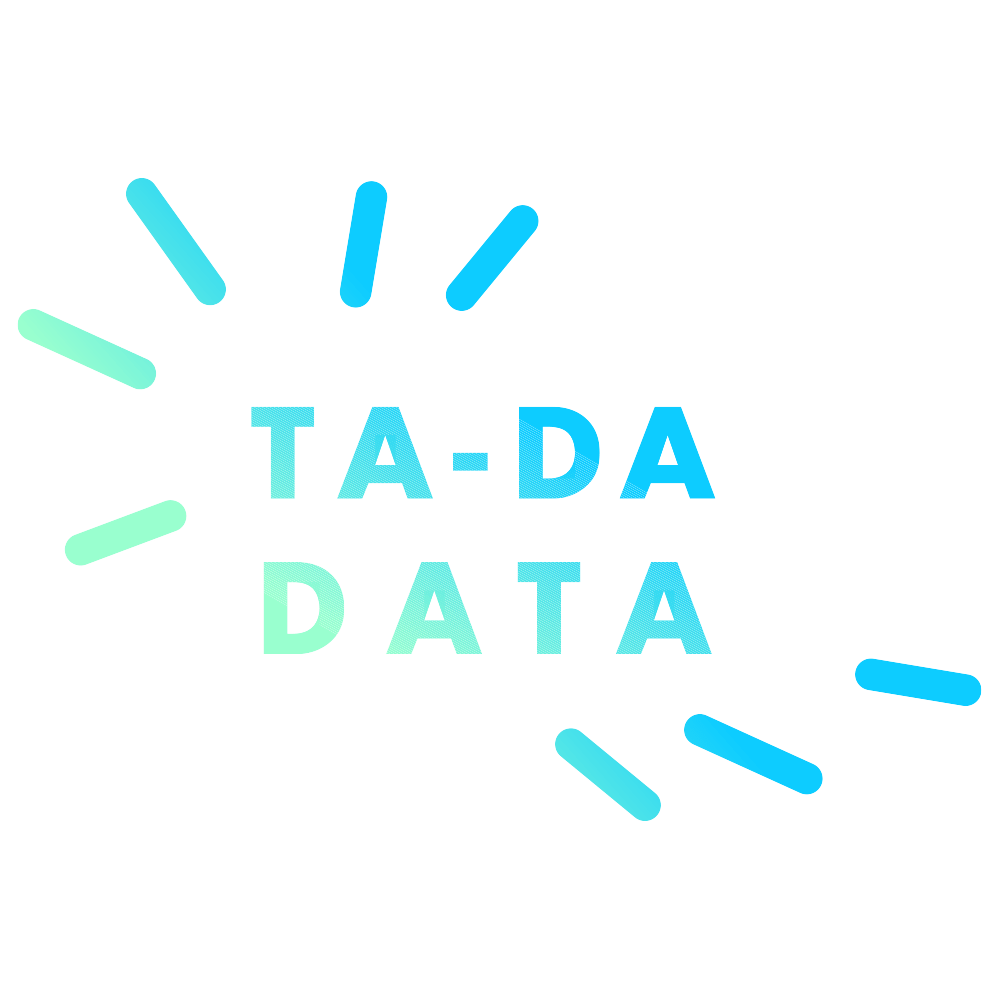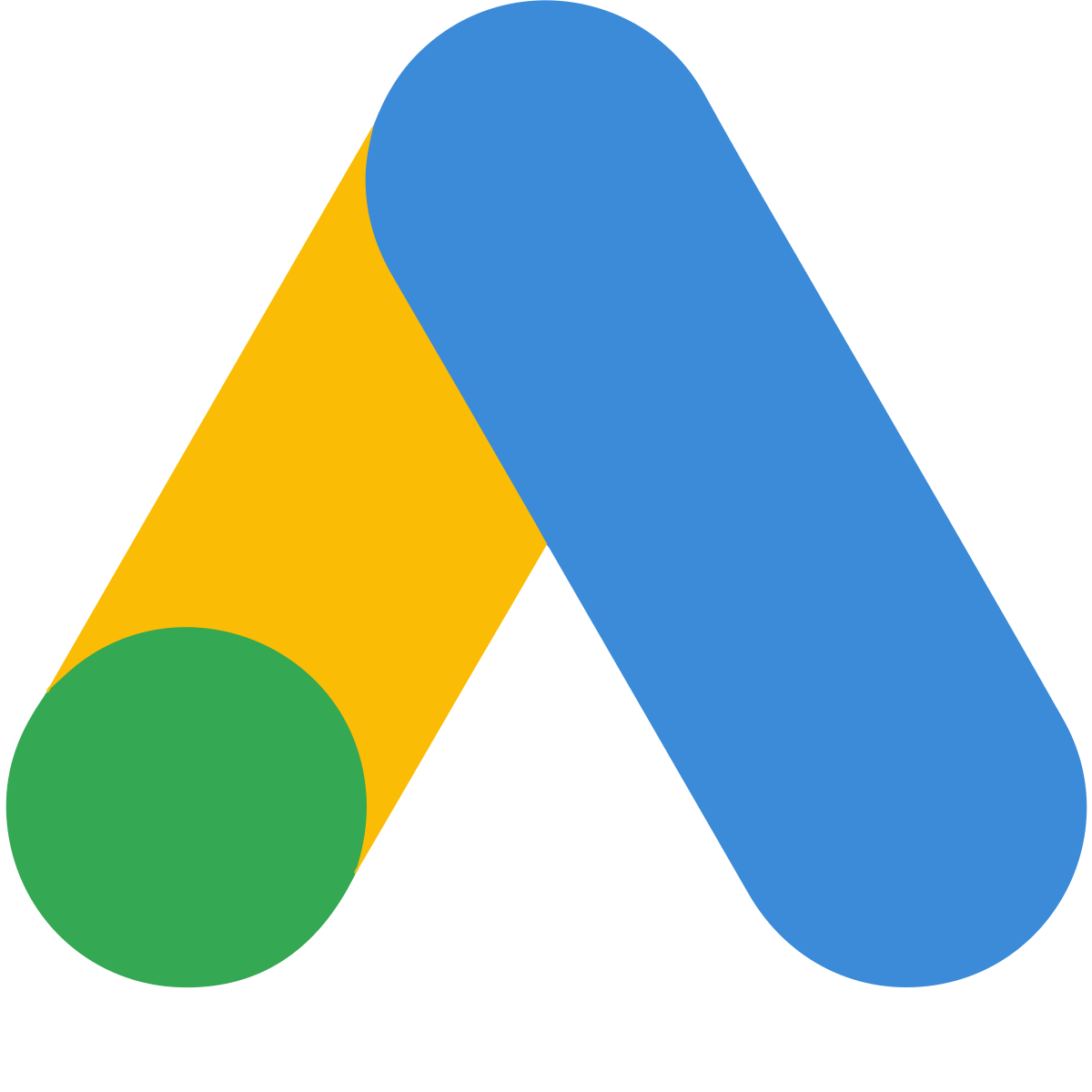
![]() Insights
Insights
We’ve always aimed to be at the forefront of technical innovations at Search Laboratory. As Search Laboratory evolves, so do the uses and features of AI technology and machine learning. Using AI to support our work isn’t new to us or other digital marketers. Our teams have utilised various types of AI in many ways to deliver success for our clients. For this blog, our experts provide a timeline of Search Laboratory’s history using AI and machine learning, share ways we use AI today, and look at how we will use AI in the future.
We’ve always tried to develop proprietary tools to aid us. The first step toward this was in 2013 when we developed BidLab. Although not strictly an AI tool, BidLab allowed our PPC team to make bidding decisions on thousands of keywords with low search volumes but substantial conversion rates.
BidLab contained an algorithm that identified how likely each keyword would convert compared to similar keywords in the group. The BidLab algorithm predicted conversion rates and automatically set optimal keyword bids.
Our first venture into machine learning was developing a prototype replacement for BidLab (Bidlab v2), using Google Cloud and machine learning to improve the tool’s accuracy. However, events in the wider market overtook us as Google launched Smart Bidding in Google Ads.


The next evolution in PPC AI technology came in 2016 when Google Smart Bidding arrived. A step up from BidLab, Google Smart Bidding used machine learning to optimise bidding based on conversion data and other ‘signals’. These signals could include things only available to Google, such as information from a logged-in user’s Google profile. This paved the way for the growth of AI automation and optimisation in Google Ads, which our PPC specialists still use today. The AI tool contains several innovative features, including:
Our Head of SEO, James Bentham, has discussed how AI is evolving how users search online. One of the first cases in which our SEO specialists used AI was the development of SERPLab (now part of our SEOLab suite), an AI-enabled SERP analysis tool that delivers detailed benchmarking and competitor analysis.
The artificial intelligence in SERPLab helped our SEO team understand why particular competitor web pages rank so well and what the team needs to do to ensure the client’s web pages rank just as well. Since developing SERPLab, our specialists have continued to refine its models to ensure it’s still a valuable SEO tool alongside third-party platforms such as SEMrush and Ahrefs.

We’ve often used machine learning tools, such as the open-source tool Tensorflow, to aid the analytical side of our work in digital marketing. Yet there have been times we’ve assessed the AI in these tools to see if it can provide more creative results. Four years before ChatGPT took over the internet, we fed Tensorflow 999 different love songs and then applied character-based neural work to Tensorflow so it could create a new, unique love song using those lyrics. The result was ‘Downtiration Tender Love’. Although generative AI has advanced dramatically since 2019, the basic principles remain (and probably will remain) the same.
Now that user behaviour and online interactions contain multiple touchpoints, it’s vital to have clever ways to consolidate data. In 2020, Google looked ahead toward this issue and incorporated data-driven attribution (DDA) models into Google Analytics.
Cross-channel data-driven attribution is an attribution model that uses machine learning, end-to-end, to deliver credit allocation, that is customised (based on an account’s historical data) to each conversion. Early models in Universal Analytics were limited in the touchpoints they took into account. For this reason, our specialists built a bespoke version to deal with more complex scenarios.
Google developed AI data-driven attribution further and is now used in various Google tools, including Google Ads, Campaign Manager, and Google Analytics. By combining insights from all the tools, artificial intelligence provides a more holistic view of customer activity, which delivers more effective digital strategies.

According to a Statista report compiled in May 2023, 94% of UK senior marketers used AI in their digital advertising. Most of these marketers (including ourselves) will activate artificial intelligence in their digital advertising through Performance Max (PMax). Launched in 2021, PMax uses machine learning to drive more conversions across all channels from a single campaign.
Artificial intelligence simplifies campaign management, and machine learning capabilities can respond to seasonal changes. Through PMax being more adaptable, it drives stronger efficiency as creative assets used in clients’ ads are optimised better. This means that higher-value customers can be found, and from here, conversions and value increase.

Regarding the evolution of AI technology, no technological tool has made a more enormous impact in the shortest amount of time than ChatGPT. And I don’t think anyone expected ChatGPT to cause as much furor, good and bad, as it has.
Fundamental questions about content authenticity, whether ChatGPT will take people’s jobs, and ethical use came to light. A Statista survey from May 2023 reflected this, as 72.5% of UK adults believed brands should always disclose when they create generative AI content. However, as has always been the case, we let data from in-depth tests help answer concerns.
As soon as ChatGPT launched, our creative team investigated whether ChatGPT has a place in content production. Following this experiment, our paid social and programmatic team wanted to see if ChatGPT could create documents for more practical reasons.
While each test analysed distinct aspects of ChatGPT, both delivered similar results. In short, digital marketers can use ChatGPT for creative and practical tasks. It’s suitable for ideation and quickly creating documents. However, generative AI needs some form of human interaction to provide an authentic tone of voice and achieve successful and, more importantly, factual results.

ChatGPT is just one of many generative AI and machine learning tools we use to support our work in digital marketing. Alongside Google Performance Max, our PPC and paid social teams utilise a whole host of ad platforms, including:
For our creative team, in addition to ChatGPT, which helps with creative brainstorming, the team uses Adobe Firefly to generate images and AI voice-over tools to help create videos and programmatic ads. Regarding machine learning, the data science team use behaviourial modelling across online and offline data to predict customer value and effectively optimise upper and lower-funnel investments to achieve the best results for clients.
But as with all these uses of generative AI, things don’t stand still. We’re constantly discovering new ways to implement automation and artificial intelligence to improve productivity and efficiency.
AI and machine learning are not new concepts for us. We’ve used each for many years but don’t take AI and machine learning for granted. Yes, generative AI helps us automate mundane tasks and develop creative ideas, but validation is the key. Whatever content or results artificial intelligence tools generate, they need to be sense-checked to ensure they are factually correct and suitable for sharing with others.
At Search Laboratory, we have a roadmap of AI tools we’re developing that our teams can apply to day-to-day campaigns. They all use a variety of artificial intelligence, including Generative AI for tasks such as feed optimisation and machine learning for advanced predictive models. Our experts are working on several exciting projects that will enable clients to harness the power of AI.
Utilising first-party data, our experts have developed an audience management platform that creates audiences based on AI-predicted behaviour. The tool allows clients to enrich their activity with first-party data and tighten targeted advertising towards potential customers.
For SEO, our data experts are testing ChatGPT’s capabilities in analysing the relevancy of web page content. ChatGPT’s quick and detailed completion of this task helps our SEO team understand what content a web page needs, to improve optimisation and increase rankings in search engines. Following the testing period on ChatGPT, our data team aim to create a similar tool in SEOLab.
In our Future of SEO report, James Bentham, and our Director of SEO at Havas Media Network, Amy Banks, address important challenges marketers are facing in SEO today, most notably the impact generative AI is having on search engines.
From outlining the SEO concerns marketers are seeing, James and Amy’s report then goes onto highlight solutions marketers can implement as part of their overall SEO strategy. This results in marketers effectively future-proofing their brands and continue to see real growth through organic search.

![]() Insights
Insights

![]() Insights
Insights

![]() Insights
Insights